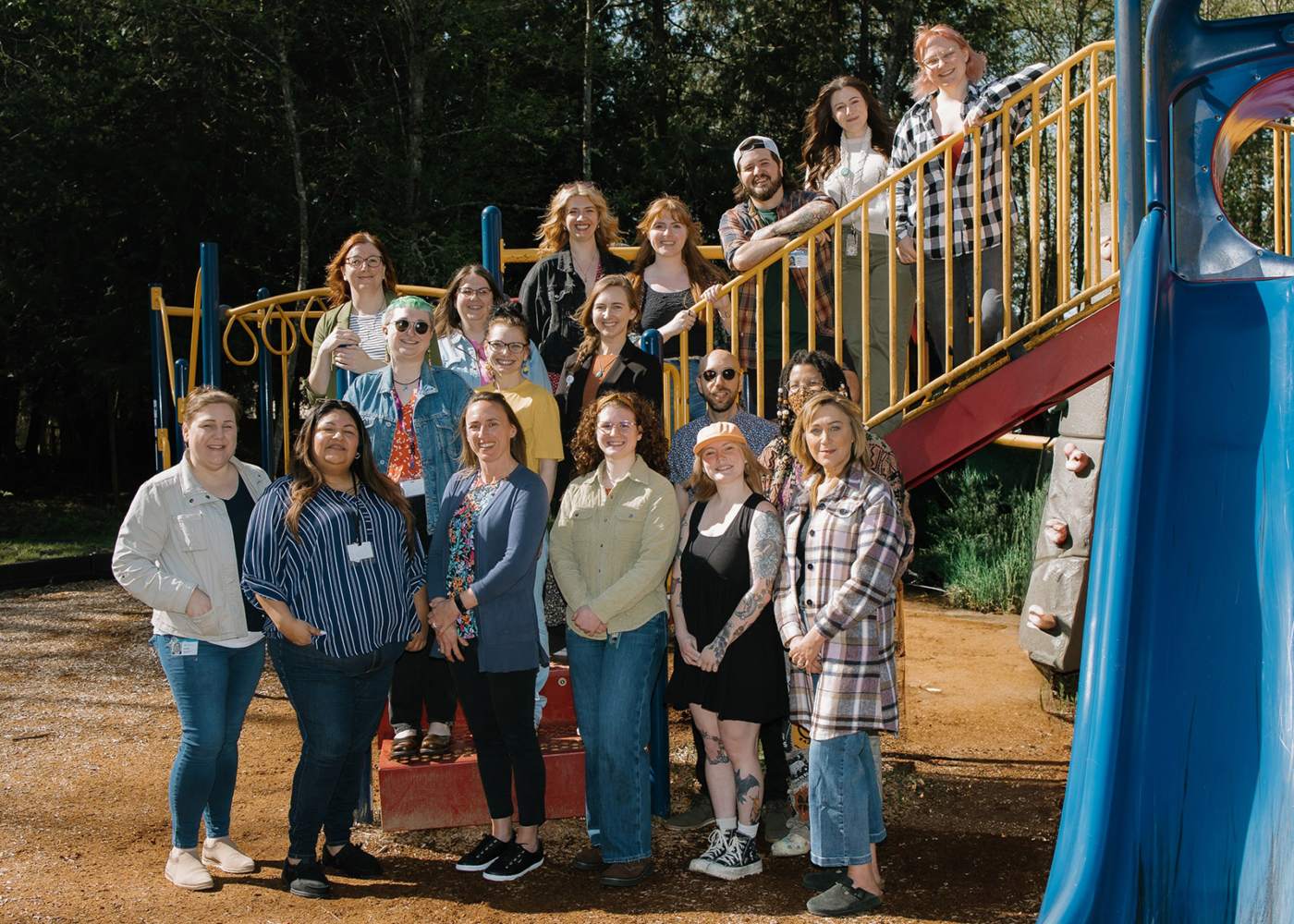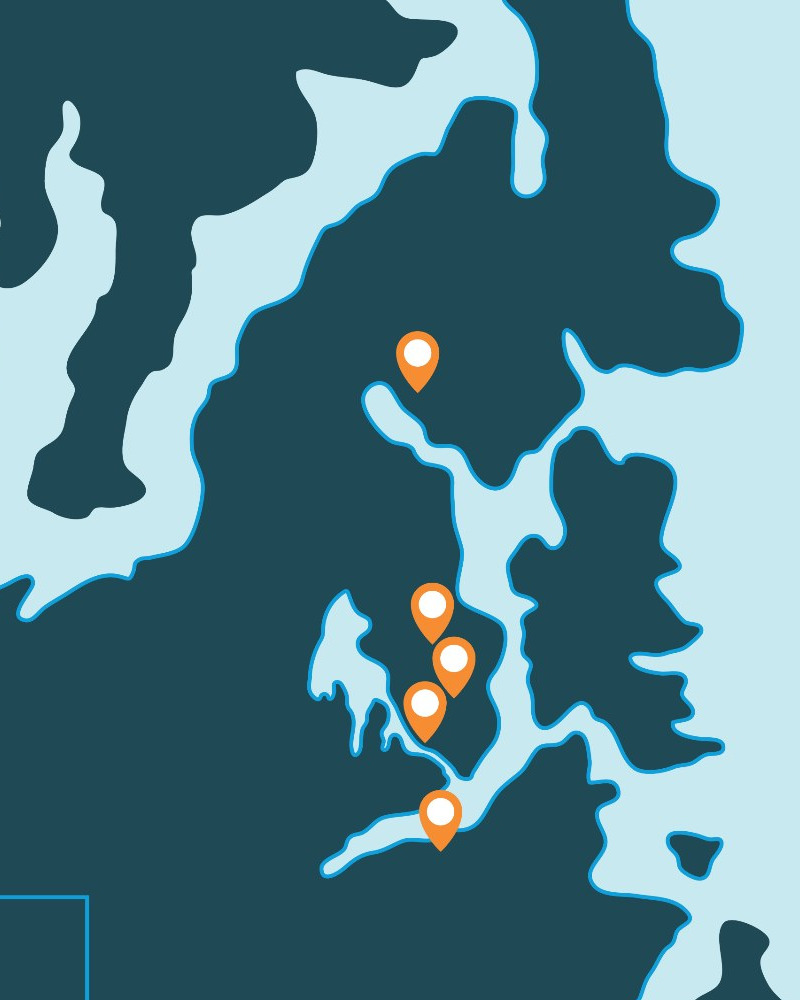
From Crisis to Stability
WISe Helps Families Through Life’s Toughest Times
Andrea, the WISe Team supervisor, remembers one weekend call: A weak, high-pitched voice confided that she had just been released from the hospital after self-harming. In a voice so low it was almost a whisper, the girl asked if she could talk to her WISe team member.
When she learned that the team member was available, Andrea noticed an immediate change in the youngster’s demeanor.
“I could hear it in her voice. You know, that shame and that sadness went away and it was instant relief,” she said. “Her team member was able to talk to her for 10 or 15 minutes and that made the difference.”
WISe Referral Sources
Of 191 youths referred for WISe screening in 2024, 111 were accepted into services.
Wraparound Services
Families enrolled in WISe are struggling with incredibly difficult issues – a child’s suicidal depression, a parent’s drug overdose, high conflict in the home. Maybe the youth is running away or involved with the justice system, and the parents or caregivers are overwhelmed. The WISe team’s job is to de-escalate the situation, maintain safety, and help the youth and family get through the short-term crisis while working toward long-term stability.
“We see them at the toughest and hardest times in their life,” said WISe Behavioral Health Counselor Athena Wakonabo. “And we get the honor of working with them to build them up and see them be able to go and fly.”
KMHS has offered WISe – short for Wraparound Intensive Services – since 2016. Using an individualized, team-based approach, the program provides a level of care between inpatient and traditional outpatient treatment that’s designed to help families stay together in the home while they learn tools and coping skills.
WISe is open to Medicaid-enrolled children from birth to age 21 and their families, who qualify through a screening and typically stay in the program six months to a year. Youth and families meet individually with each of the professionals on their team once a week, and with the whole team once a month.
“Our goal is to get you out of crisis. This isn’t long-term therapy. What I like to tell families is we get you to where things feel manageable,” said WISe Family Certified Peer Specialist Michele Blanchette.
Strength-Based
From the beginning, the team is working to help families graduate from WISe and move from crisis management to focusing on underlying issues, such as trauma.
Using a holistic approach, team members work with the family to build on their strengths and to identify natural supports, such as extended family, neighbors, coaches, members of their church – anyone who can be a resource for the family after they move on from WISe.
The program is voluntary – clients must agree to participate and be motivated to make a change. A core principle is client voice and choice. The youth and family choose their goals and determine the issues they want to prioritize based on a family vision statement.
Paula, a former WISe client, said it was an emotional moment when she and her 13-year-old son graduated from the program in September 2024 after about two years.
“They’re not miracle workers, but it feels like it sometimes. They were very supportive and non-judgmental. There were things that happened that were difficult and a little embarrassing, but I didn’t feel judged. Not once,” she said.
“The WISe team gave me as a parent a whole bunch of tools. And we’re doing all right. We haven’t had a crisis in a while…quite a while, actually.”
Indications a youth might benefit from WISe:
- 1
Frequent trips to the ER for behavioral health-related concerns
- 2
Increased occurrence or risk of youth harming themselves or others
- 3
Involvement in multiple systems – such as mental health, juvenile justice, child welfare, special education – and those systems are struggling to support the youth
- 4
Experiencing hard-to-understand behaviors that are challenging for caregivers, teachers or others, and traditional services alone are not helping










